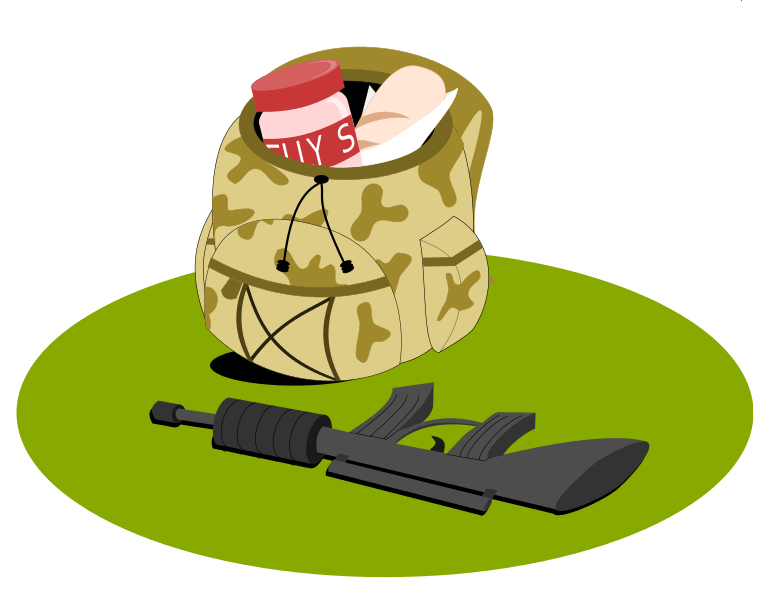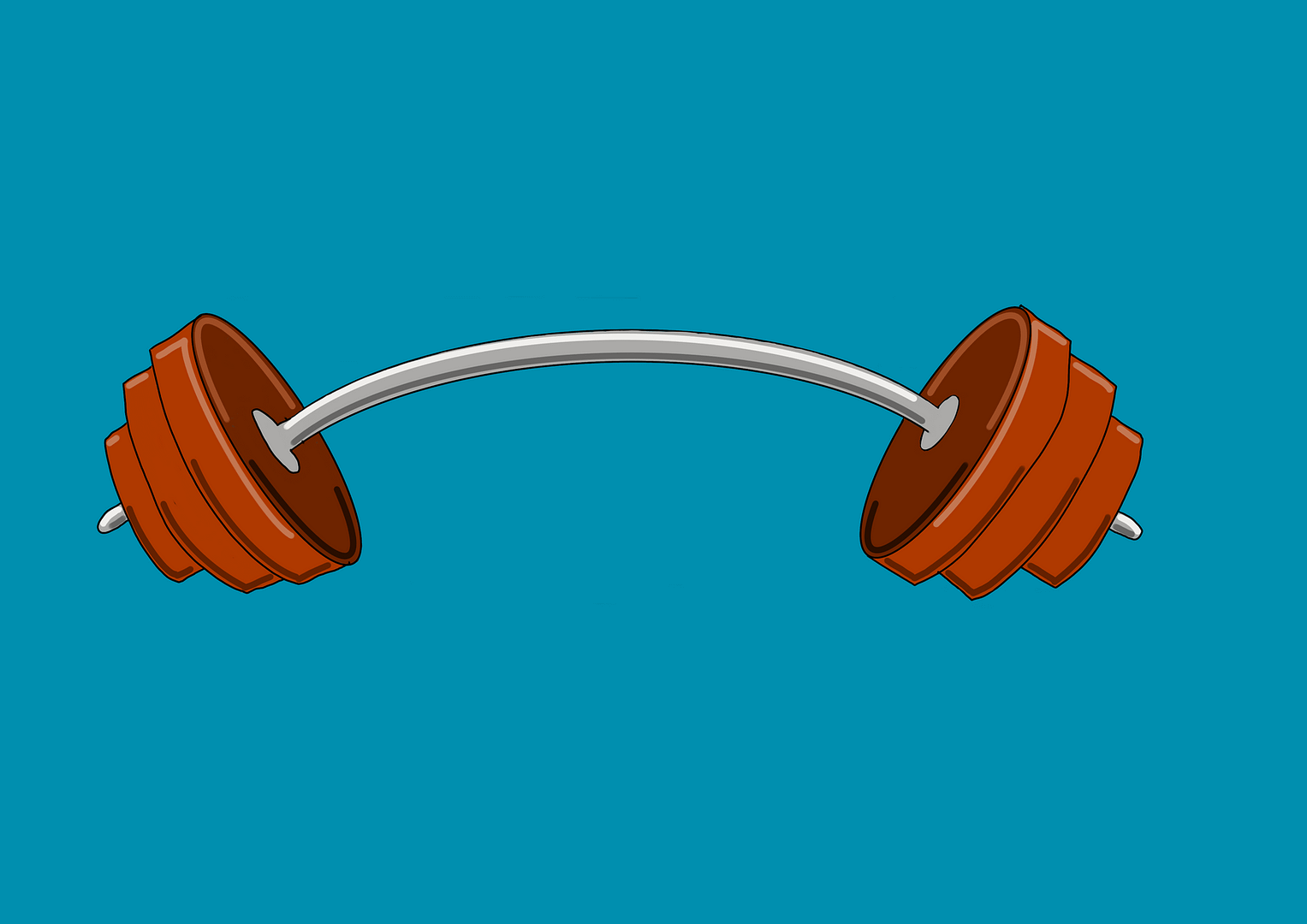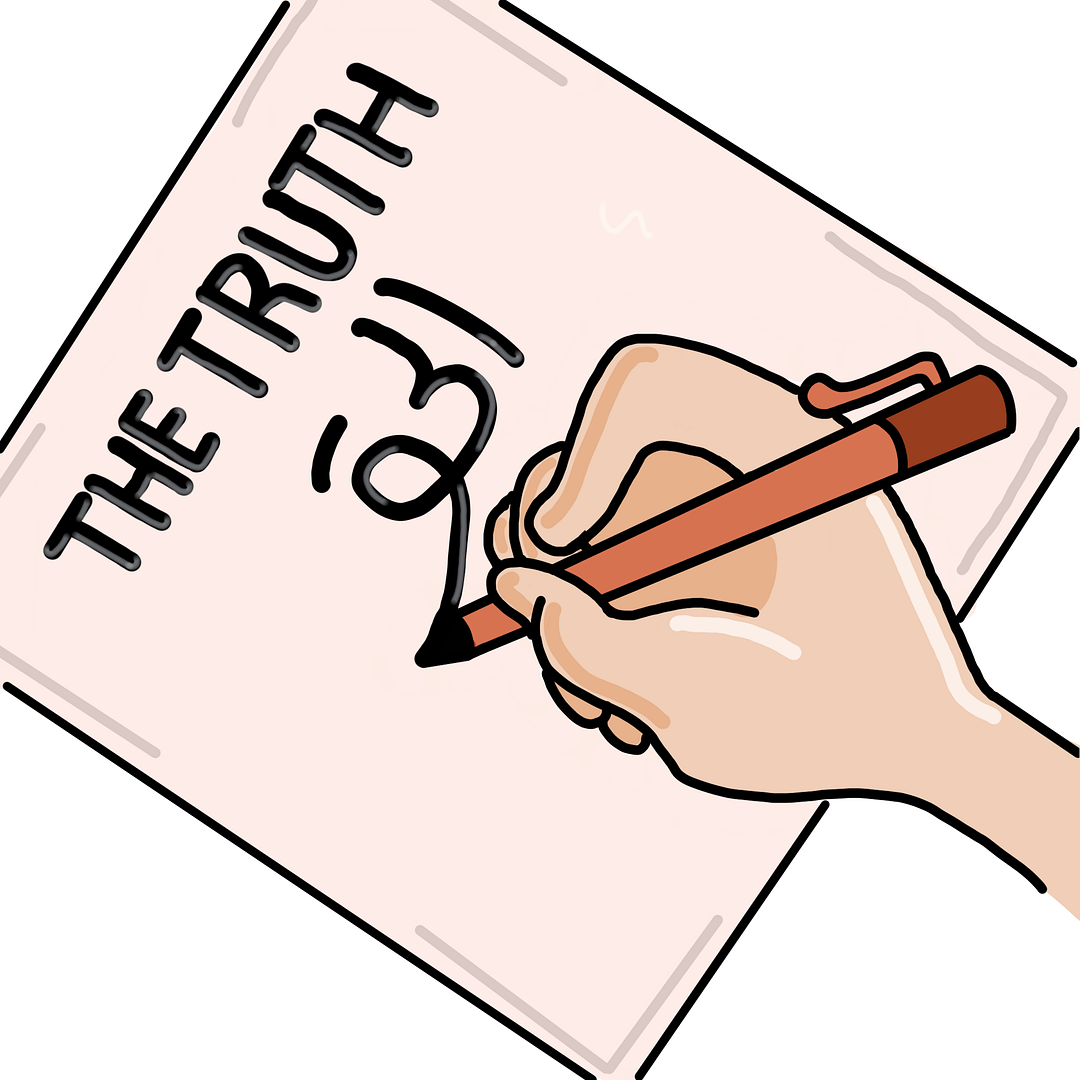Third Word (Part 1)
NOTE: The quoted passages are from Ustadh Bediuzzaman’s book and the commentaries below them are my own.
Third Word
بِسْمِ اللهِ الرَّحْمٰنِ الرَّحِيمِ
(In the name of Allah the Merciful the Compassionate)
(People, worship; Baqara 21) يَـٰٓأَيُّہَا ٱلنَّاسُ ٱعۡبُدُواْ
If you would like to understand what a great profit and happiness is worship [and] what a great loss and destruction is sinfulness and dissipation, look [and] listen to this short allegory:
One time, two soldiers receive an order to go to a faraway city. They go together until the path splits. A man is present there [and] says to them:
“This path on the right, while it has no harm, nine of ten travelers taking it find great profit and comfort. As for the path on the left, while it has no benefit, nine of ten [of its] travelers find harm. Furthermore, both are equal in terms of shortness and length. There is only one difference that the traveler of the orderless ungoverend left path goes without a bag [or] a gun. He sees an outward lightness [and] a deceptive comfort. As for the traveler of the right path, under military order, [he] is obligated to carry a four okka[1] bag filled with substances of food and a perfect two okka government-owned gun capable of crushing and defeating every enemy.”
This pleasant one [of] those two soldiers, after listening to the words of that instructive man, goes to the right. He takes a weight of one batman[2] on his shoulders and back. However, his heart and soul (rooh) are saved from thousands of batmans of feeling indebtedness [toward others for asking help] and of fear. As for the other unhappy one, [he] leaves the military, does not want to follow the order, [and] goes to the left. His body is saved from one batman of weight; but his heart is crushed under thousands of batmans of feelings of indebtedness [for asking help] and his soul under boundless fears. He travels in the form of both a beggar towards everybody and [one] trembling from everything [and] every event, until he reaches the desired location; there, he sees the punishment of a rebel and a fugitive.
As for the one who likes military order, retains his bag and gun, and goes to the right; he travels without asking help and feeling indebted to anybody, without fearing anyone, with a relaxed heart and conscience. Until he reaches the desired city; there, he sees a reward befitting to a virtuous soldier nicely completing his duty.
Hence, o rebellious soul! Know that those two travelers, one of them are the obedient ones to Godly law, the other are the disobedient people following their desires. As for that path, [it] is the path of life such that it comes from the world of souls, passes through the grave, and goes to the afterlife; while that bag and gun are worship and restraining oneself from sin (taqwa).
Why is it that there are only nine out of ten travelers who receive benefit or harm depending on the path? What happens to the remaining one? The fact is that the right path always brings benefit while the left one always brings harm. However, the choice of travelers is not always predictable as they may change their route at any time. While the majority generally stand by their initial decision, ten percent do not. Those traveling in the right path may at any time change their route and head to the left one, hence not making use of benefits offered in that path; and vice versa. In other words, the ten percent uncertainty is due to the travelers changing route and not to the unpredictability of the paths themselves.[3]
It is a central principle in Islam that a Muslim should never give up hope in God’s mercy. Now matter how sinful one might be, there is always an opportunity to change one’s route and return back to God. Indeed, it would only be foolish to give up hope in God Who created us from nothing and brought us to the realm of existence; the One who takes care of each and every one of us every second of our lives. The following are two of numerous verses and hadiths pointing to the mercy and forgiveness of Allah (ﷻ),
قُلۡ يَـٰعِبَادِىَ ٱلَّذِينَ أَسۡرَفُواْ عَلَىٰٓ أَنفُسِهِمۡ لَا تَقۡنَطُواْ مِن رَّحۡمَةِ ٱللَّهِۚ إِنَّ ٱللَّهَ يَغۡفِرُ ٱلذُّنُوبَ جَمِيعًاۚ إِنَّهُ ۥ هُوَ ٱلۡغَفُورُ ٱلرَّحِيمُ
Say, ‘[God says], My servants who have harmed yourselves by your own excess, do not despair of God’s mercy. God forgives all sins: He is truly the Most Forgiving, the Most Merciful.[4]
يَقُولُ اللَّهُ عَزَّ وَجَلَّ أَنَا عِنْدَ ظَنِّ عَبْدِي بِي وَأَنَا مَعَهُ حِينَ يَذْكُرُنِي فَإِنْ ذَكَرَنِي فِي نَفْسِهِ ذَكَرْتُهُ فِي نَفْسِي وَإِنْ ذَكَرَنِي فِي مَلإٍ ذَكَرْتُهُ فِي مَلإٍ خَيْرٍ مِنْهُمْ وَإِنِ اقْتَرَبَ إِلَىَّ شِبْرًا اقْتَرَبْتُ مِنْهُ ذِرَاعًا وَإِنِ اقْتَرَبَ إِلَىَّ ذِرَاعًا اقْتَرَبْتُ إِلَيْهِ بَاعًا وَإِنْ أَتَانِي يَمْشِي أَتَيْتُهُ هَرْوَلَةً
Allah, the Most High said: ‘I am as My slave thinks of Me, and I am with him when he remembers Me. If he remembers Me to himself, I remember him to Myself, and if he remembers Me in a gathering, I remember him in a gathering better than that. And if he seeks to draw nearer to Me by a hand span, I draw nearer to him by a forearm’s length, and if he comes to Me by a forearm’s length, I draw nearer to him by an arm’s length. And if he comes to Me walking, I come to him quickly.[5]
However, as much as Islam is the religion of hope and forgiveness, it is also a religion of balance. The sense of hope should not deceive one into neglecting their duties in Islam. By our own observations, the great majority of those who lead a sinful lifestyle continue in that way throughout their lifetime. Only a mere 10% are able to change. Since there is no evidence in our hands that we will be one of them, we must avoid falling into the error of using this hope as an excuse to be stay sinful.
As for those on the right path, this should not lead to false pride in one’s self as the future is not predictable. The fact that we pray today is not an evidence that we will do so in the future. The fact that we are Muslims right now does not mean we will be so at the time of our death. Unbalanced hopefulness disregarding the future may transform into arrogance (thinking we will never fall into error) and a hindrance to strengthening our faith. It is always crucial to consider the possibility of straying from the correct path and the possibility of being punished by Allah (ﷻ).
In reality, humans are not black and white. Due to the mentioned unpredictability, travelers of both paths should be hopeful and fearful of God at the same time. Staying hopeful in God is usually well understood, but what about being fearful? Why does our Creator want us to fear Him? That will be the topic of the next post.
[1] A historical unit of weight used in the Ottoman empire equaling 1282 grams. Referred to as okka in Turkish and uqiyya (أوقية) in Arabic (TN)
[2] A unit of weight in the Ottoman empire equaling around 8 kg (TN)
[3] http://www.sorularlarisale.com/makale/11735/su_sagdaki_yol_hic_zarari_olmamakla_beraber_onda_giden_yolculardan_ondan_dokuzu_buyuk_kar_ve_rahat_gorur_soldaki_yol_ise_menfaati_olmamakla_beraber_on_yolcusundan_dokuzu_zarar_gorur_cumlesini_degerlendirir_misiniz.html
[4] Surat Az-Zumar, [39:53]
[5] Reference: Jami` at-Tirmidhi 3603, In-Book Reference: Book 48, Hadith 234, English Translation: Vol. 6, Book 46, Hadith 3603, sunnah.com



